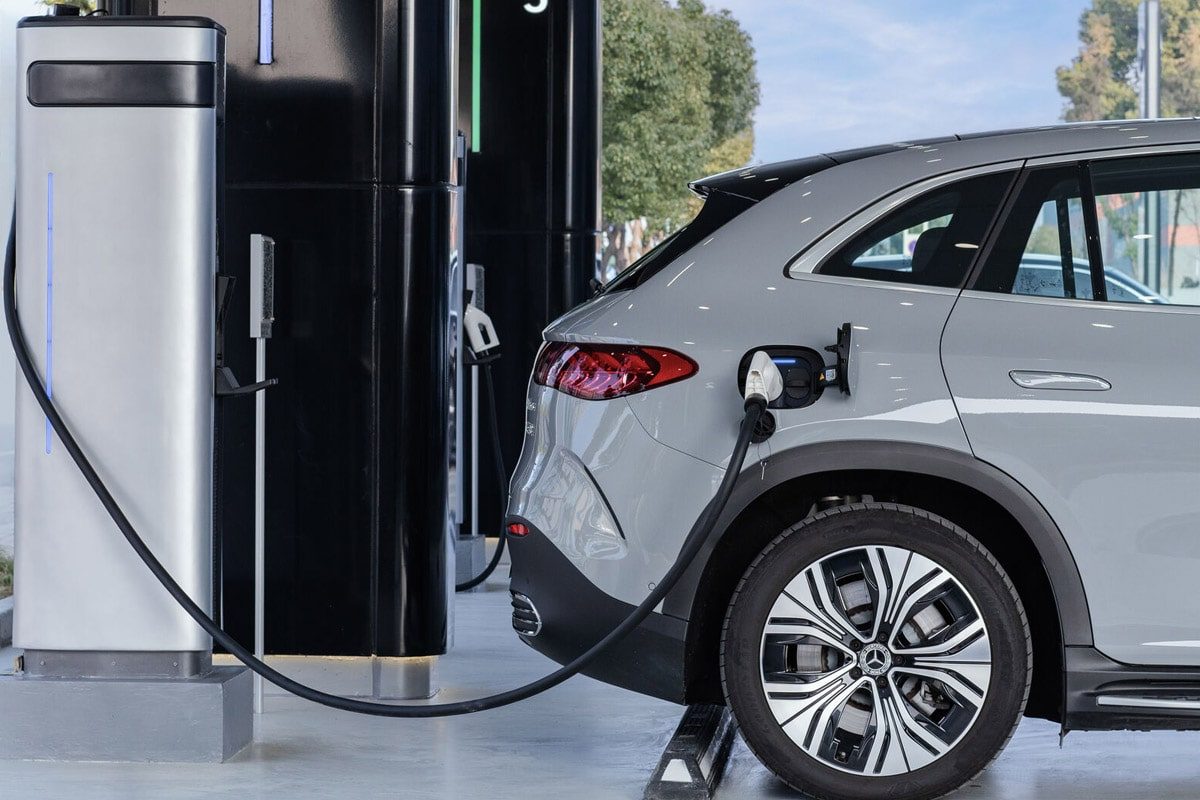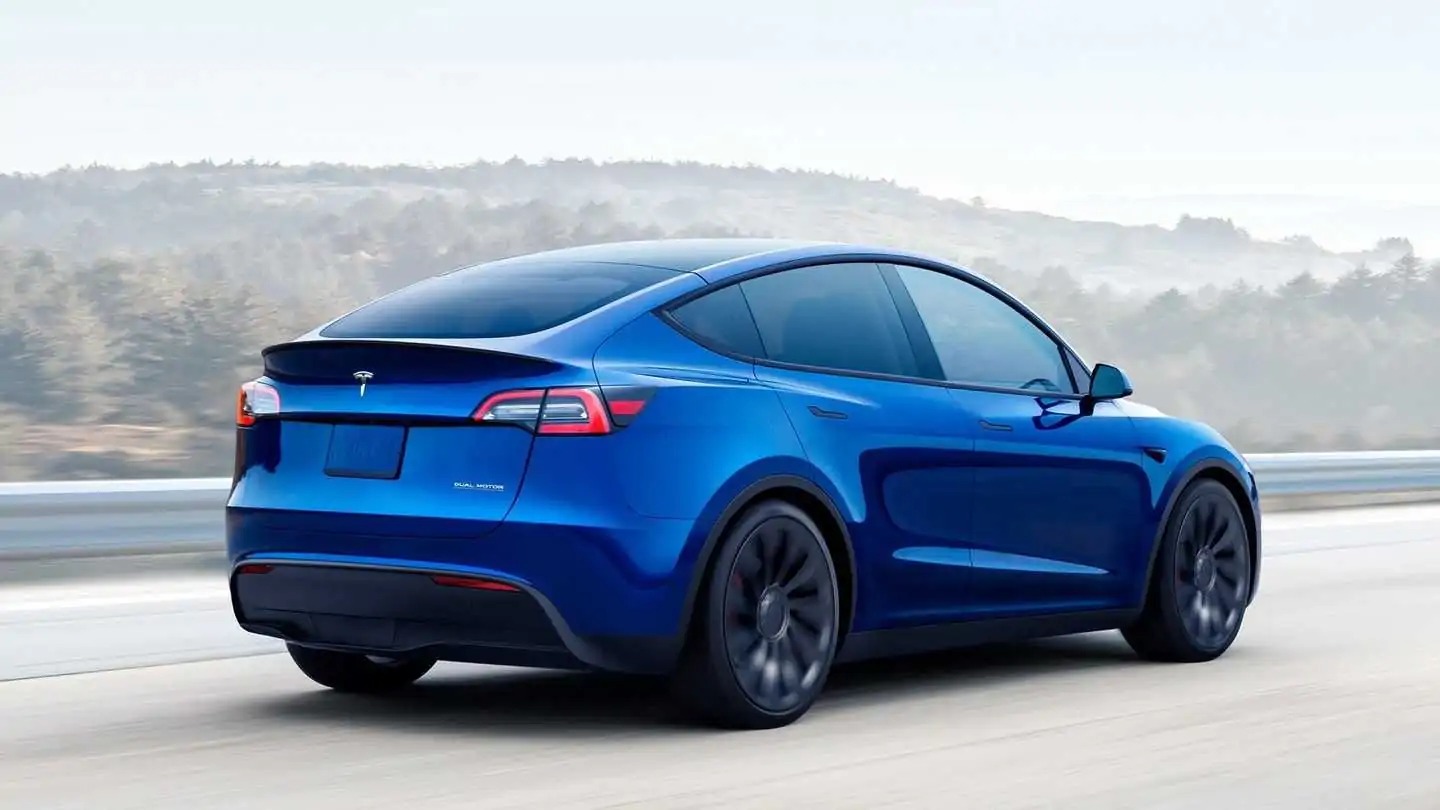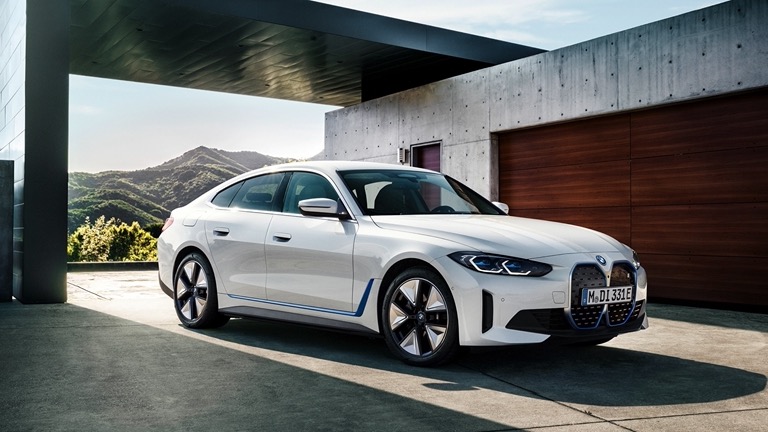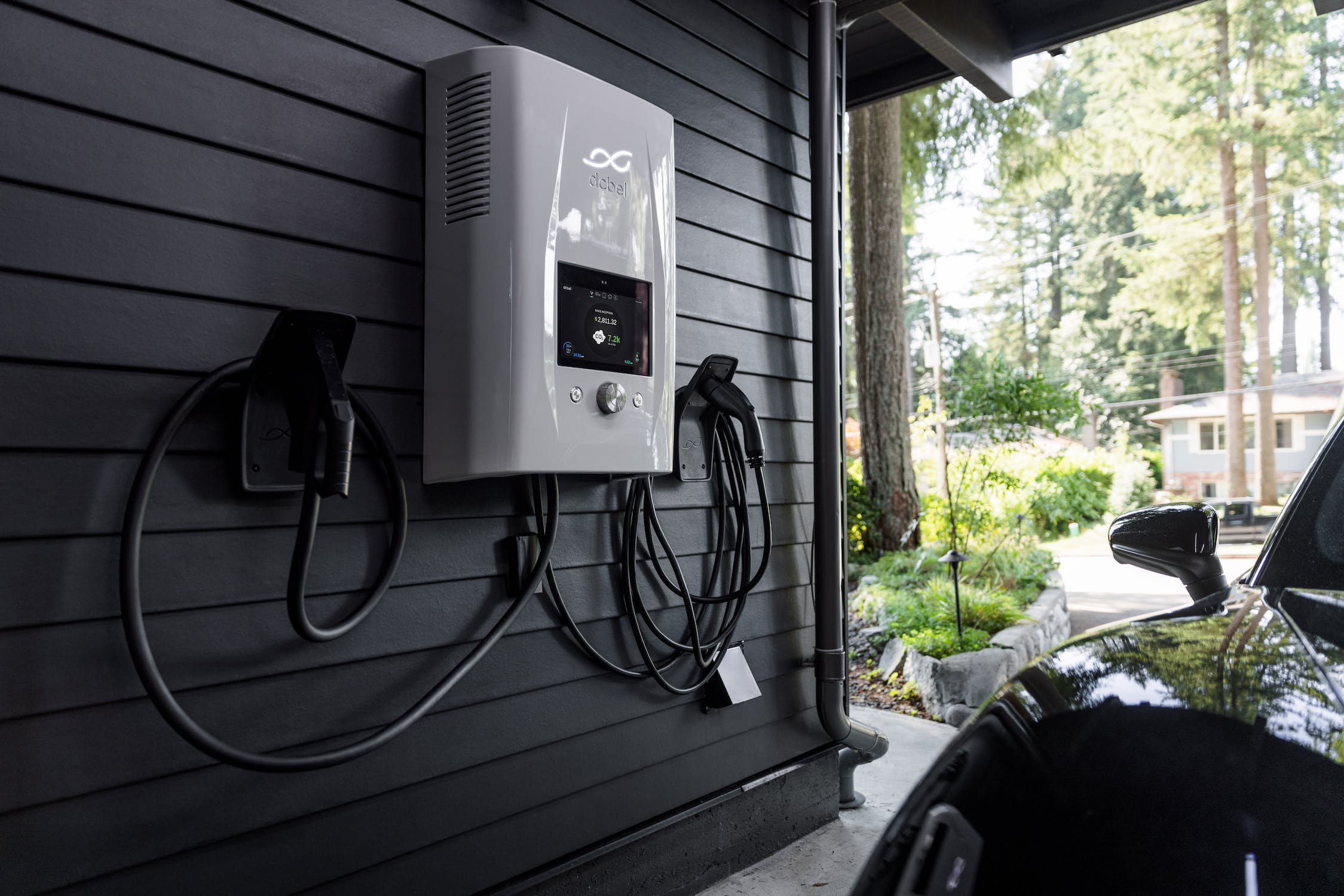Despite assertions from a group of American car dealers urging President Biden to reconsider promoting electric cars, a recent study suggests a growing interest among U.S. car buyers in electric and hybrid vehicles. The study, conducted by GBK Collective and polling 2,000 U.S. residents, indicates that over half of the respondents are considering vehicles with some form of electrical assistance for their next purchase.
In contrast to the initial wave of electric vehicle (EV) enthusiasts driven by design and innovation, this emerging group of potential buyers is primarily motivated by practical considerations. Concerns such as the cost of ownership and the logistics of charging, including when and where, take precedence in their decision-making process.
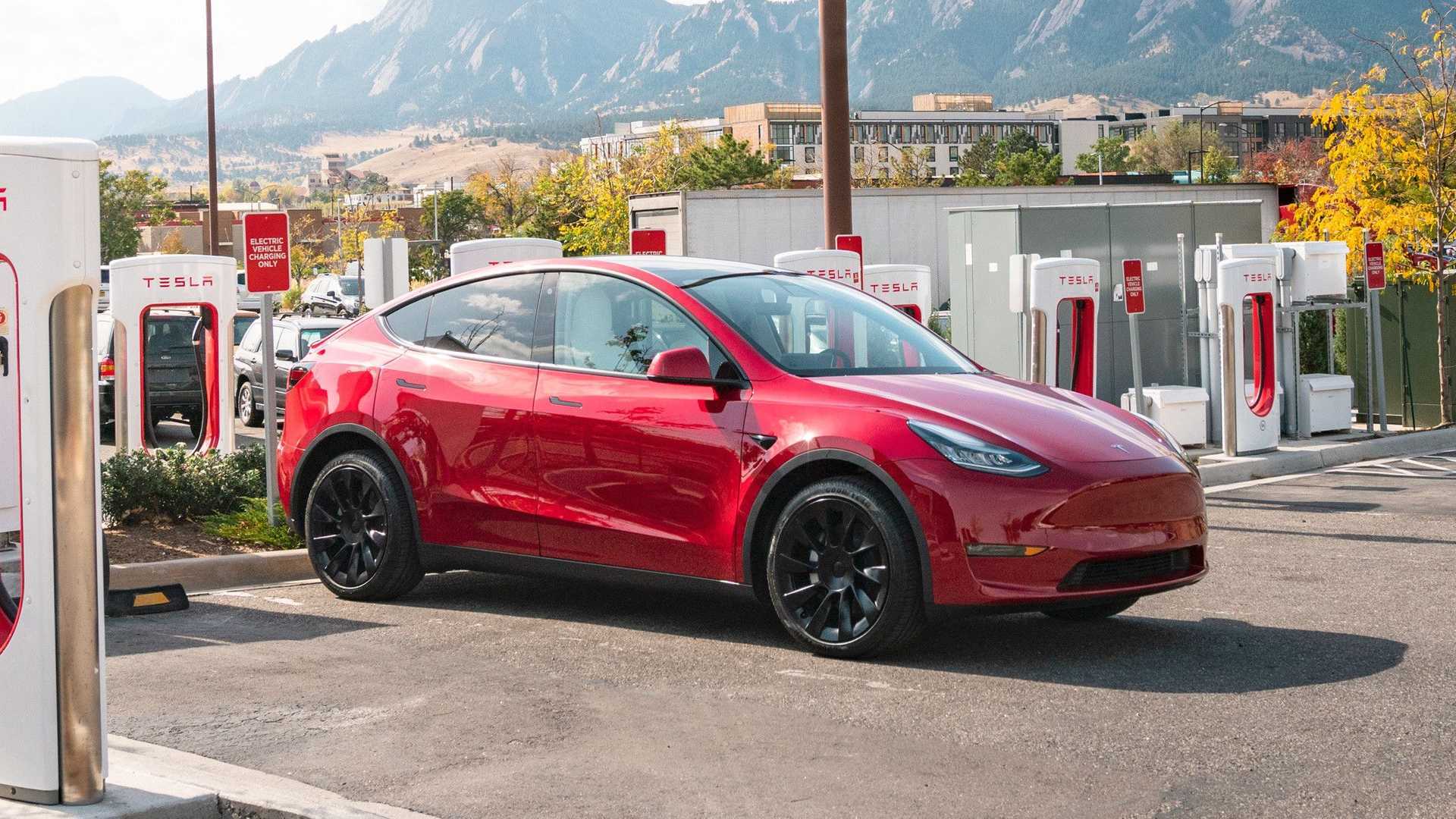
The study highlights a shift in budget preferences, revealing that the median budget for this new group is $50,000 for their next vehicle, while current EV owners reportedly shop with a higher budget of $59,000.
Encouragingly for automakers, the surveyed individuals express a willingness to pay a premium for electrified vehicles, with a suggested premium of $7,650 for an EV compared to a combustion car. However, existing EV owners demonstrate a higher willingness to pay, indicating a $10,000 premium.
See also: Study Reveals Disparities in Charging Behavior at Paid and Free DC Fast Charging Stations
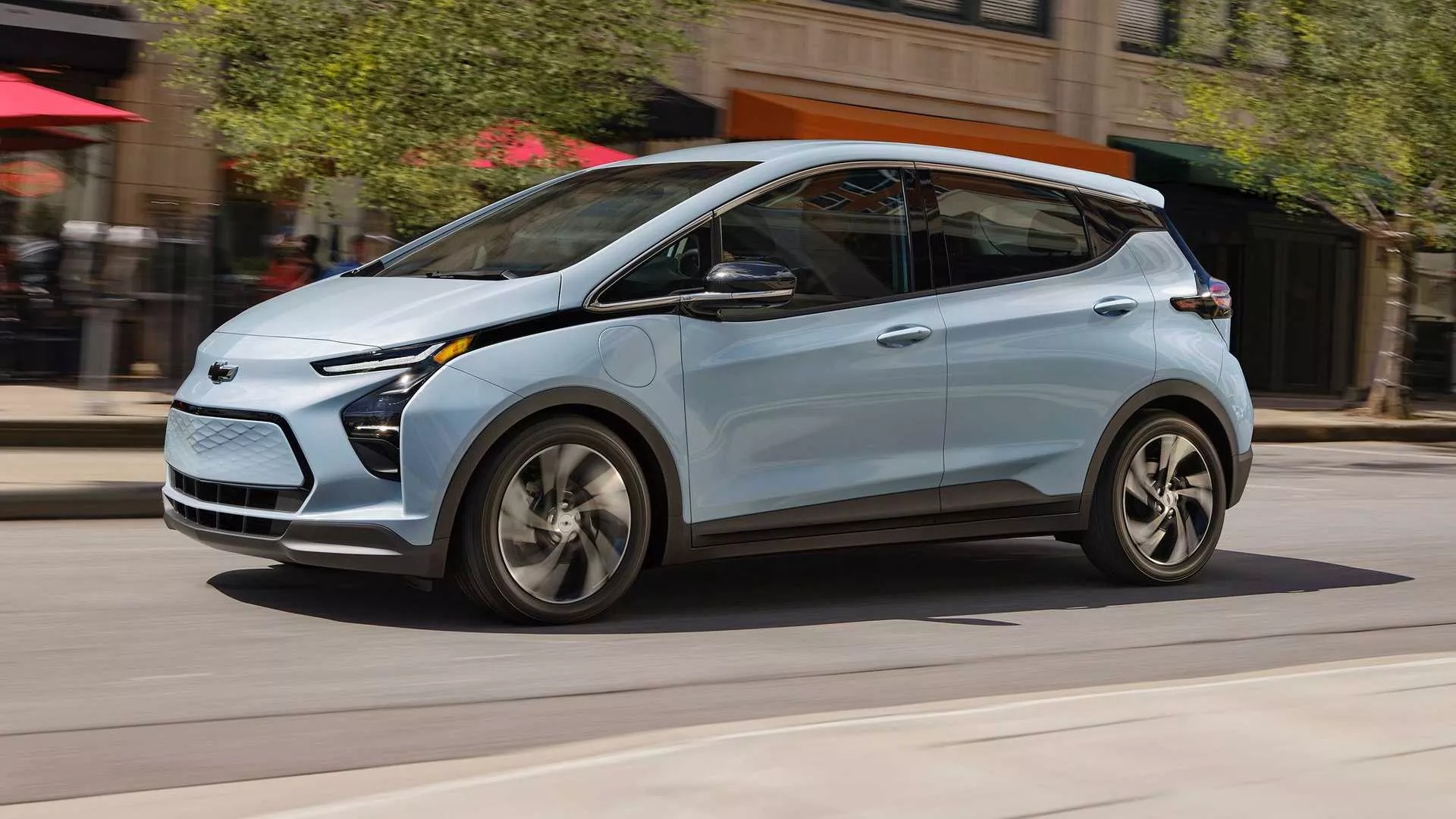
The conservative nature of these potential buyers leads them to favor established brands they know and trust. According to the study, Toyota emerges as the most considered EV brand, with Tesla ranking third. Toyota’s continued emphasis on hybrids rather than an exclusive focus on EVs appears to resonate with this consumer group.
These findings could offer valuable insights to automakers looking to align their strategies with the evolving preferences of U.S. car buyers and cater to a more diverse range of consumer needs in the rapidly changing automotive landscape.

